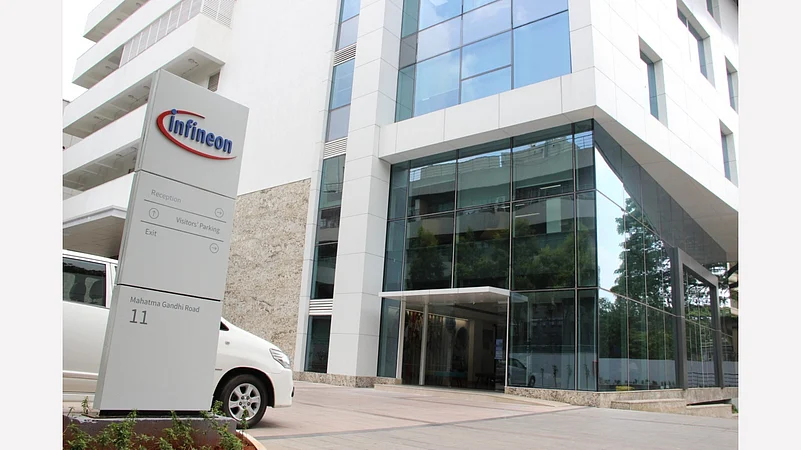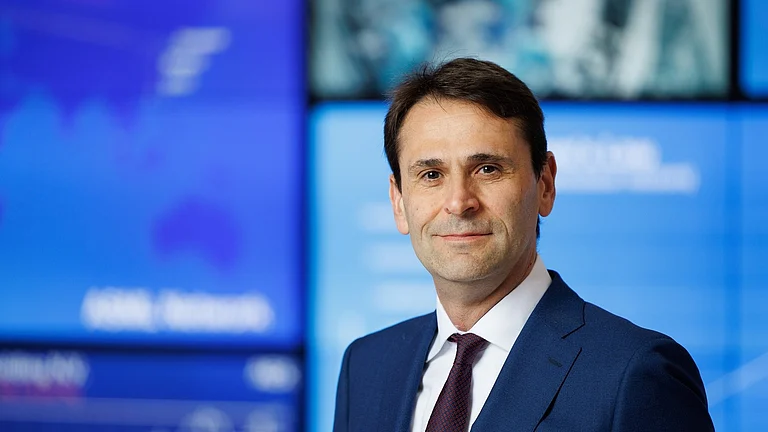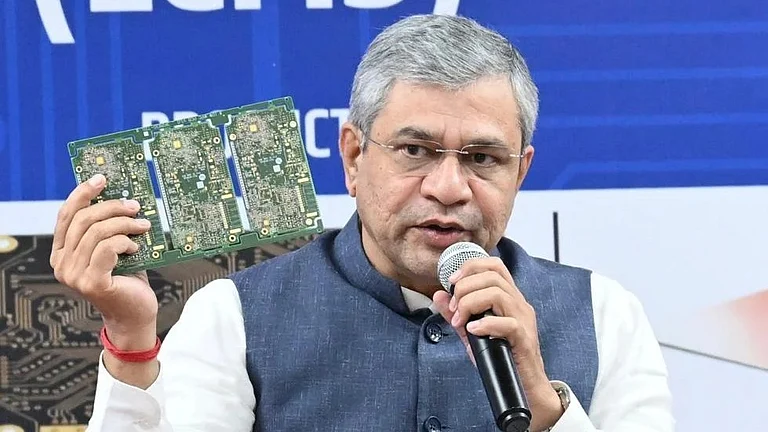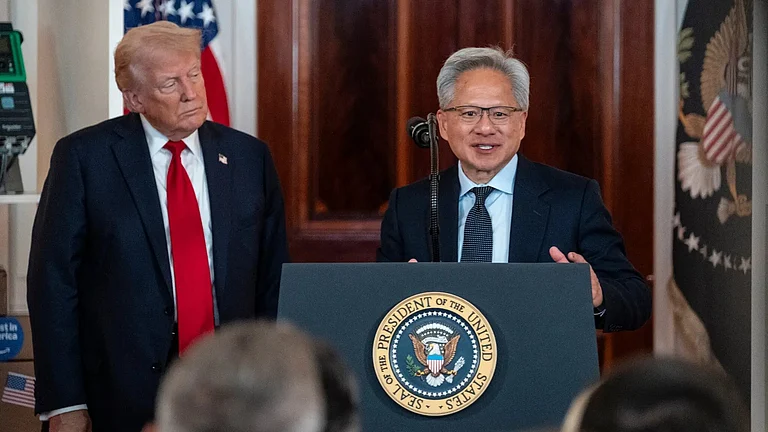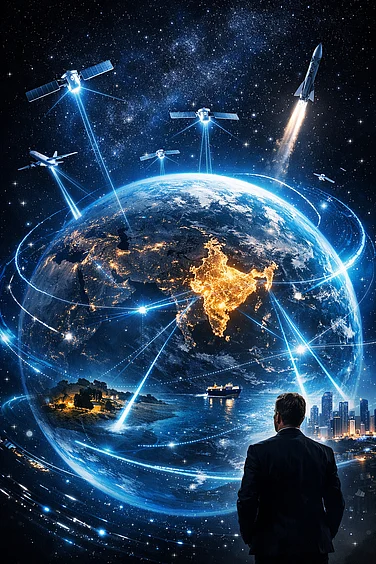German semiconductor major Infineon Technologies is looking to double its workforce in India by 2030, said its Chief Marketing Officer Andreas Urschitz on Tuesday. Infineon currently employs 2,500 people across four locations in India, mainly for research and development (R&D).
“Talent is extremely valuable for the revenue, profit and future of a company and India is important for us because you have the talent,” he said.
Currently, India contributes in low single digit to Infineon’s group revenue and it targets to raise it to high single digit in the near future, Urschitz said without elaborating on the timeline to achieve the target.
However, the company does not plan to set up any chip manufacturing unit in India in the near future.
“You need to have a lot of knowledge with billions of investment to make the fabs big enough in order to enjoy economy of scale… So, currently there are no plans to build a fab in India (as it is) commercially very questionable,” Urschitz said.
But the company will continue to support the Indian chip ecosystem with local collaborations such as with CDIL Semiconductor, he said.
“(Our partnership with CDIL) cannot be termed an OSAT. But we want to contribute to the Indian semiconductor market through collaborations with Indian firms to enable them produce products according to the local requirements,” Infineon President and Managing Director C S Chua said.
Infineon has recently signed a deal with CDIL to provide the Indian company with silicon wafers for manufacturing power chips.
However, Urschitz said that Infineon will continuously observe the chip manufacturing ecosystem in India. He indicated that the company may later on review its decision of not setting up a chip unit in the country.
Through its semiconductor solutions, Infineon is also contributing to the electric vehicle and IoT sectors through its partnerships with Ather Energy and Kaynes Technology, respectively.
‘Protectionism can stress global value chains’
Emphasising the importance of globalization for the semiconductor ecosystem, Urschitz said that Infineon as a company stands for free trade and cautioned that protectionism can lead to stressed global value chains and may eventually result in inflation.
“It has been proved that free trade is best for global prosperity and welfare. Going forward, it is all about us as individuals who go out and vote. I am pretty much convinced that when we as citizens will observe that it is becoming hard to buy because of high inflation, we will vote into the direction that moves us out of inflation area. And if one of the driving force for inflation turns out to be trade protectionism… then system (protectionism) might change,” he said when asked about the impact of Donald Trump’s trade policies and rising protectionism around the world.
Urschitz also said that the company has signed two memoranda of understanding (MoUs) in India. The first MoU has been signed with the government to provide technical support and mentorship to Indian electronics startups.
The other MoU has been signed with the National Institute of Electronics & Information Technology to mentor and train graduates in the field of semiconductors.
Urschitz said that energy independence is another important sector to work in India and support the country’s ambition to become carbon neutral.
India is one of the largest energy importers in the world, with 82% import dependency for oil and 45% for natural gas.






